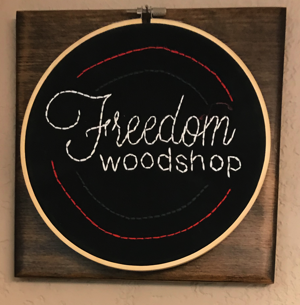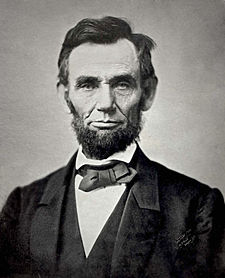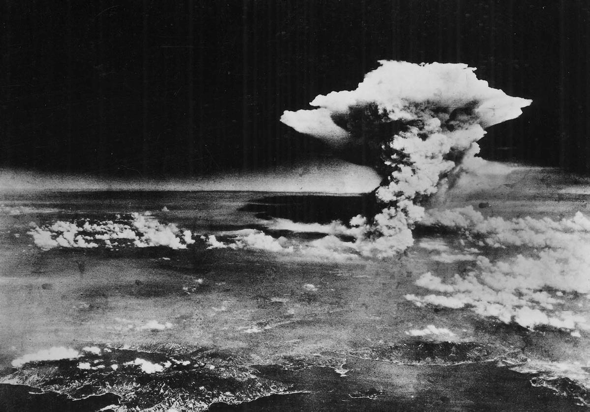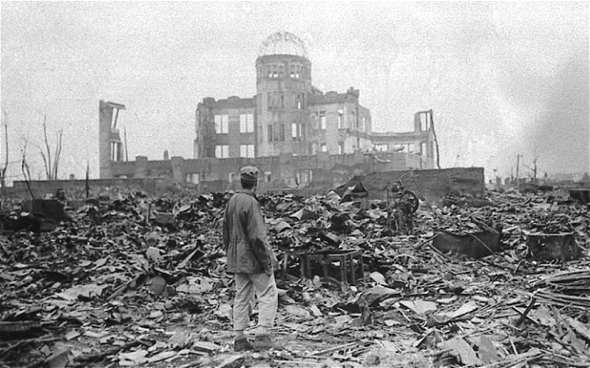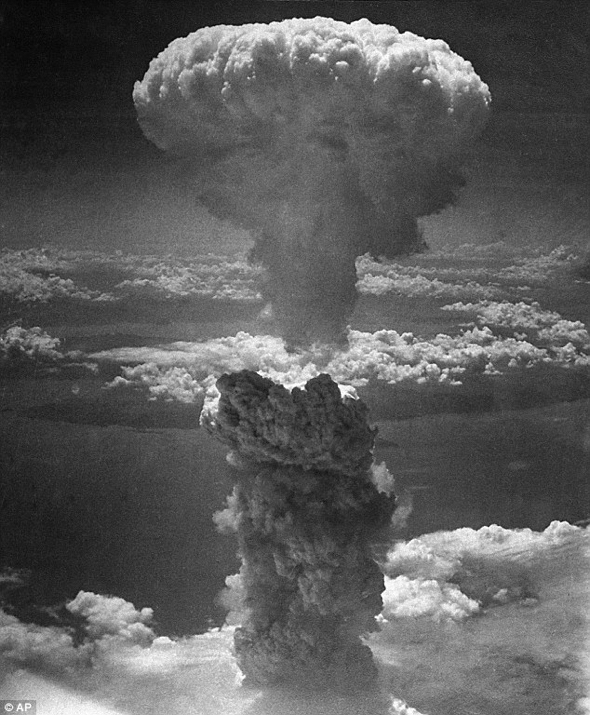
At a recent religious freedom conference sponsored by the BYU International Center for Law and Religion Studies, Alexander Dushku described two divergent paths our culture and law could follow in the wake of the Supreme Court’s gay marriage decision.
The first path may be similar to what happened after the Brown v. Board of Education and Loving v. Virginia decisions, where subsequent legislation and cultural shifts had dramatic effects on freedom of expression:
they not only made racist actions by government unlawful, but far more profoundly, they also made racist speech, and even racist ideas by individuals, socially and culturally taboo.
What will happen if similar shifts in law and culture happen in the years ahead, following the Supreme Court’s gay marriage decision?
If the Supreme Court’s same-sex marriage decision results in support for traditional marriage being equated culturally and legally with racism, then as a practical matter religious liberty will be severely restricted. Under that model, government itself will come to have powerful justifications for suppressing and marginalizing religious beliefs, speech, and especially actions that challenge the new right to same-sex marriage. Schools will be expected to instruct children in the new marriage ideology and to suppress speech and beliefs that run contrary to it, just as schools do when it comes to racist speech and viewpoints.
However, there is another path, exemplified by the Roe v. Wade case, where “a divided Supreme Court removed the issue of abortion from the democratic process, declaring that abortion is a fundamental right during the first two trimesters of pregnancy.†Following this decision, the right to debate whether abortion should or should not be practiced is still protected, both by law and cultural norms.
If, in the aftermath of the same-sex marriage decision, our nation follows the example set in the wake of Roe v. Wade, then religious liberty will survive. There will be hard times, to be sure, but eventually there will be accommodations for those who dissent from the new gay marriage orthodoxy.
So what must be done to assure that freedom of expression and religious liberty survive in the wake of the recent Supreme Court decision?
In my view, the effect of the Supreme Court’s same-sex marriage decision on religious liberty will depend, to a great extent, on people like you and me. If supporters of traditional marriage retreat—if they are intimidated into silence—if they give up trying to find the right words and arguments to defend their beliefs—if they do not stand as witnesses and living examples of the goodness of their beliefs—and if people of goodwill do not, at least, stand up for the rights of others to dissent in good faith and yet still be numbered among us as our fellow citizens, neighbors, colleagues, and friends—then the Supreme Court’s gay marriage decision will indeed be a disaster for religious liberty.
We must actively stand for the freedom of religious expression, even in matters where the Supreme Court has ruled.
But if those who support traditional marriage are examples of what is highest and best about their beliefs—if they, like the pro-lifers, refuse to be silenced—if they find ways to explain and persuade with reason as well as kindness, meekness, and love—and if they cheerfully but resolutely endure the indignities that will be visited on them, and without bitterness ask only for toleration, understanding, and respect for their basic rights as Americans—then I believe that, ultimately, the great goodness and decency of the American people will rise up and our culture and law will carve out and protect enough space so that people of faith who maintain traditional beliefs about marriage, family and sexuality can participate fully in all aspects of American life.
We must “refuse to be silenced.† In the words of Quentin L. Cook, we must “be an active participant, not a silent observer.”


